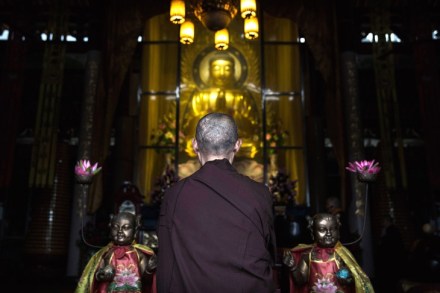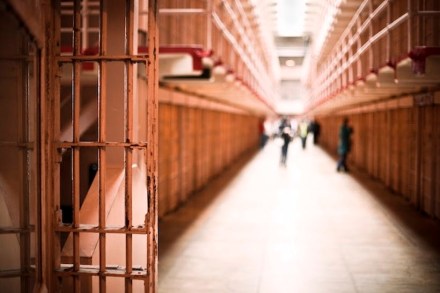Every horror imaginable
The group of kidnapped women were terrified. They had been brought back to the camp as booty and were being urged to convert to Islam with machetes pressed to their necks. They did their best to gabble words that sounded like the prayers they were being taught before one fighter noticed a captive with a swollen belly. ‘I’m not pregnant,’ she insisted, spreading her hands over her belly in an instinctive reaction that only showed she was lying. The most senior of the armed men, who looked barely 20 years old, ordered her to lie down on the ground. ‘We don’t bring any Christian babies into the world here,’ he



















